Use our handmade journals as bullet journals. Bullet Journals are the new trending way to stay organized. You create your own planner and organization system using a blank journal and a rapid logging method created by Ryder Carroll. Bullet Journals are designed to be a to-do list, sketchbook, planner, and diary, all in one.
Our collection of handmade journals are great for bullet journals or any other use. They are made in India using 100% recycled cotton paper. The paper in these handmade journals is made using cotton textiles discarded by the textile industry. The leather covered journals are made using sustainably sourced leather from the vegetarian region in Rajasthan. Learn more about handmade paper making and the leather craft below.
Handmade Paper Making
In west Rajasthan, India artisan families from the minority group called Kagzis have been in the paper making industry for over 80 years. The paper is made from recycled cotton fabric by hand without the aid of heavy machinery. Discarded cotton scraps are collected from India's textile industry. Pulp is then made by breaking down the cotton fibers using a wheel press and soaking them overnight. The pulp is made into sheets of paper by straining and pressing it into pages which are then dried. The sheets are then ironed and added to a journal or given to artisans for screen-printing, embroidery or patchwork.
The process to make these fair trade journals is tree-free, non-toxic, and conserves and filters water for reuse in irrigation. The entire process is done by hand and gives jobs to many in the community. The benefits from this project including education, health assistance, training, and micro-finance.
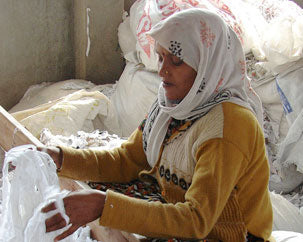
Leather Craft
Leather craft and tooling is an important traditional craft in a vegetarian region of Rajasthan, India. The leather is tanned using a vegetable tanning method, which protects the environment and tannery workers from toxic chemicals. Artisans then use water-based dyes or oils to color the leather. Hand tools are used to cut, stitch, and emboss the journal covers.
Most of our leather artisan partners belong to a social class called Chamar, which excludes them from other classes of society and severely limits their resources. About 30 families formed a development group to empower artisans, beginning with advanced tooling techniques. As a result, the caste stigma is gradually diminishing as artisans make economic and social progress. Housing, sanitation and health care access have improved, and children are attending school. Most recently, the village realized its dream of opening its first school for girls!

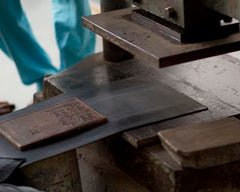



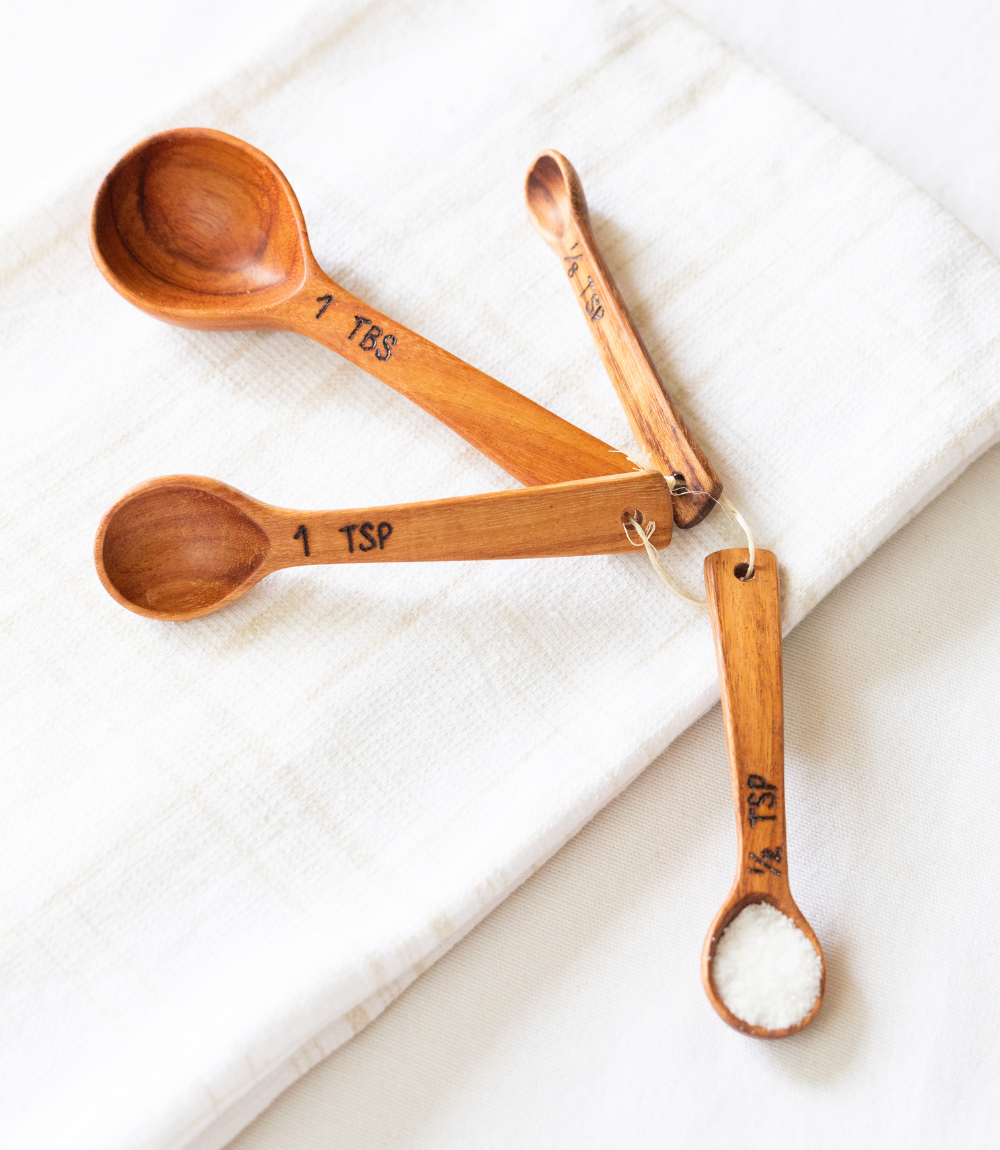


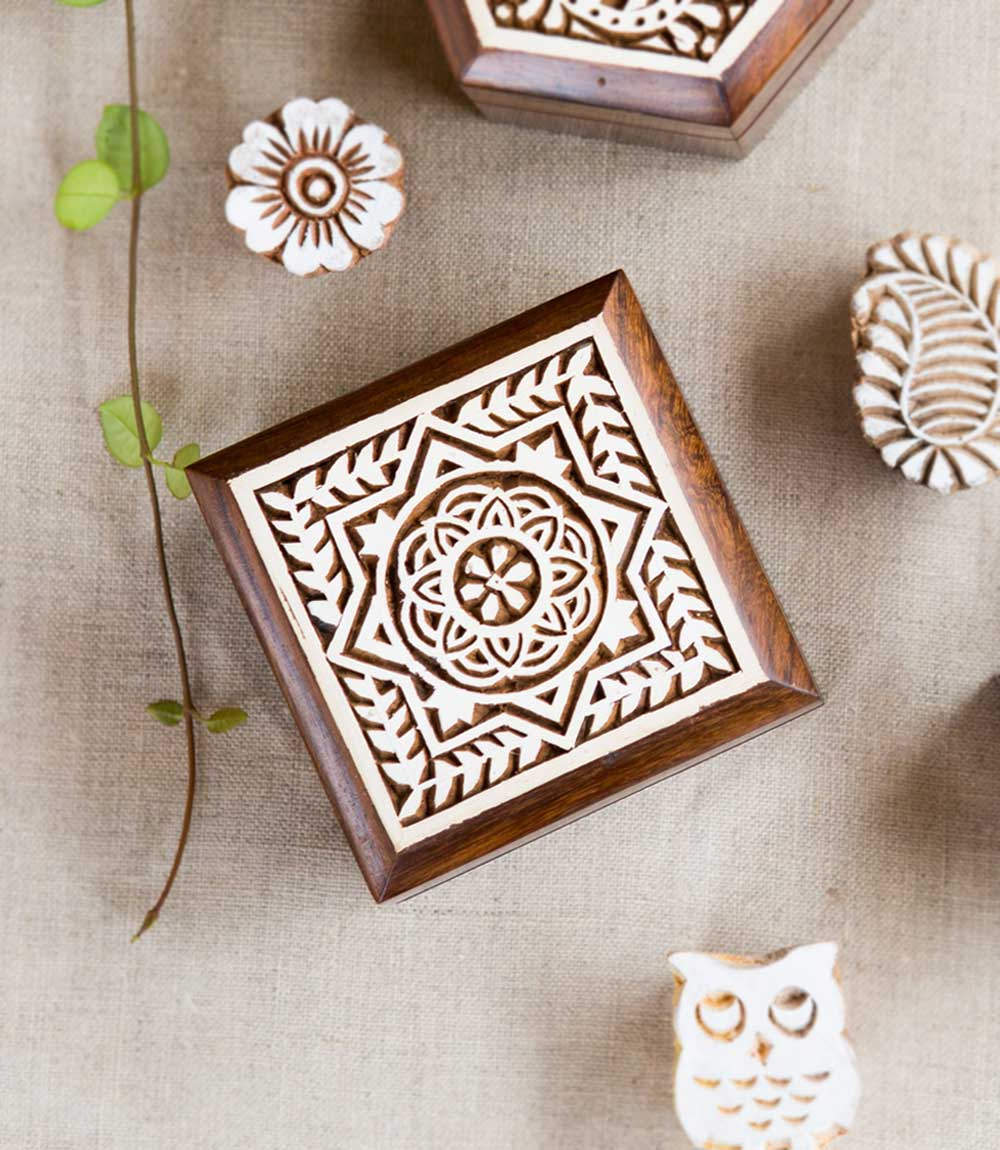


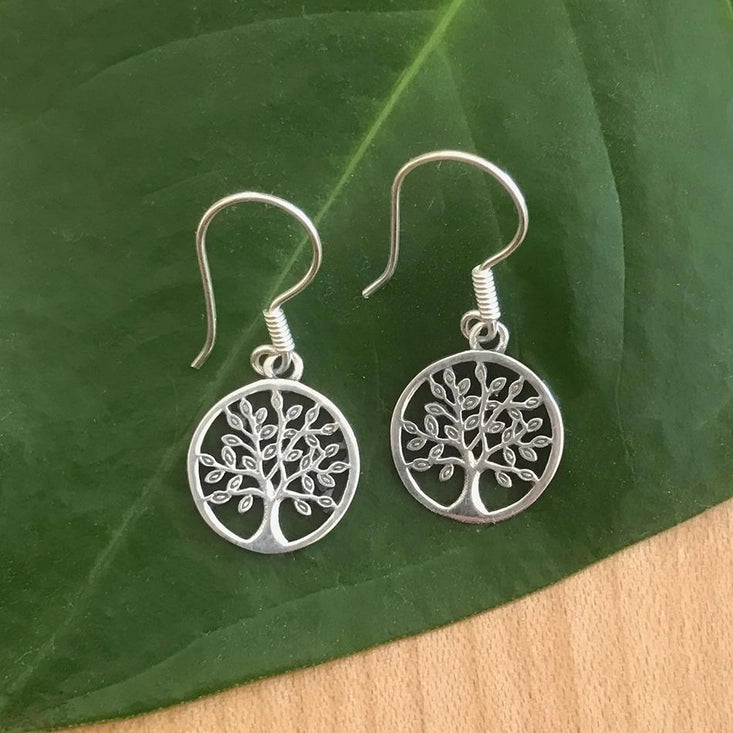


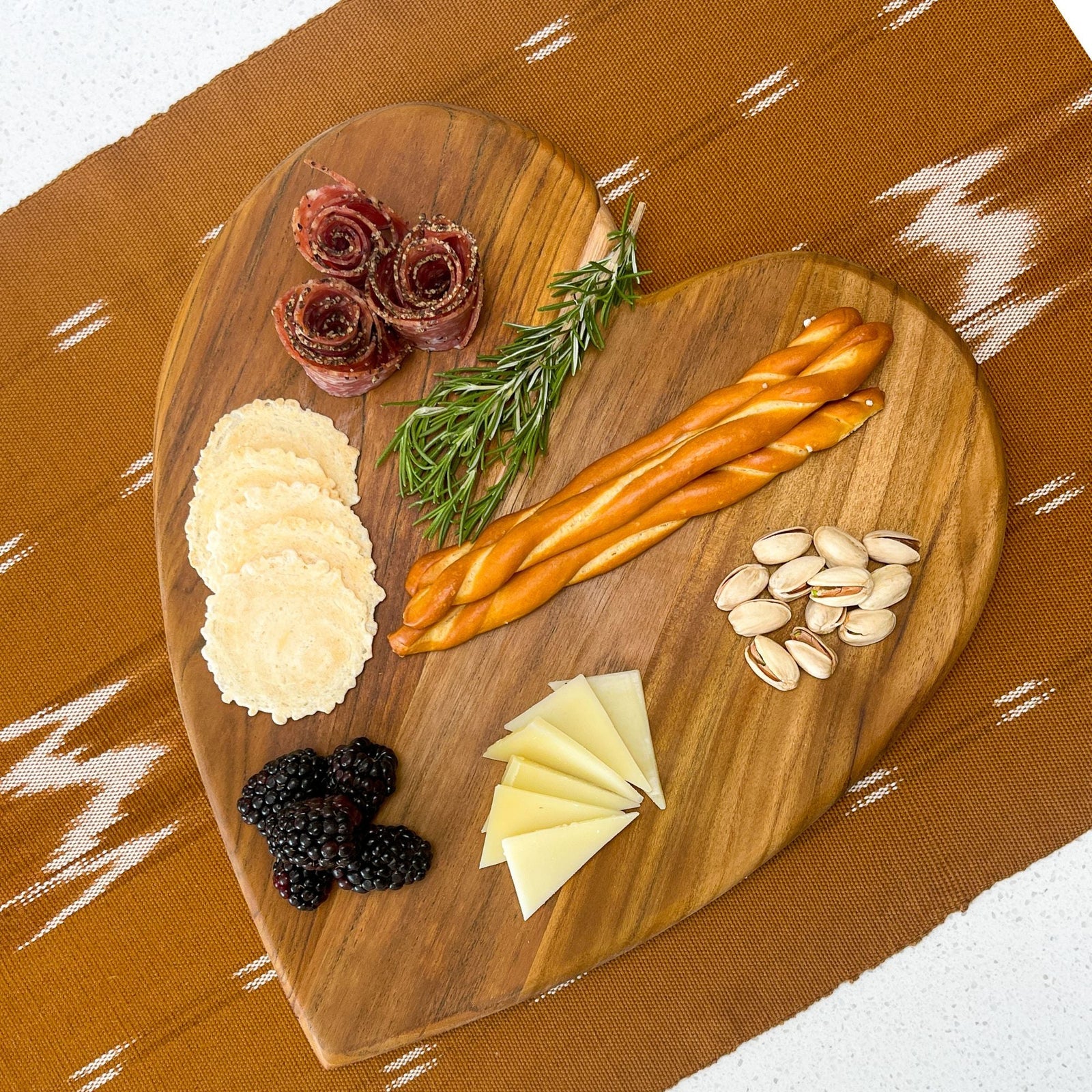
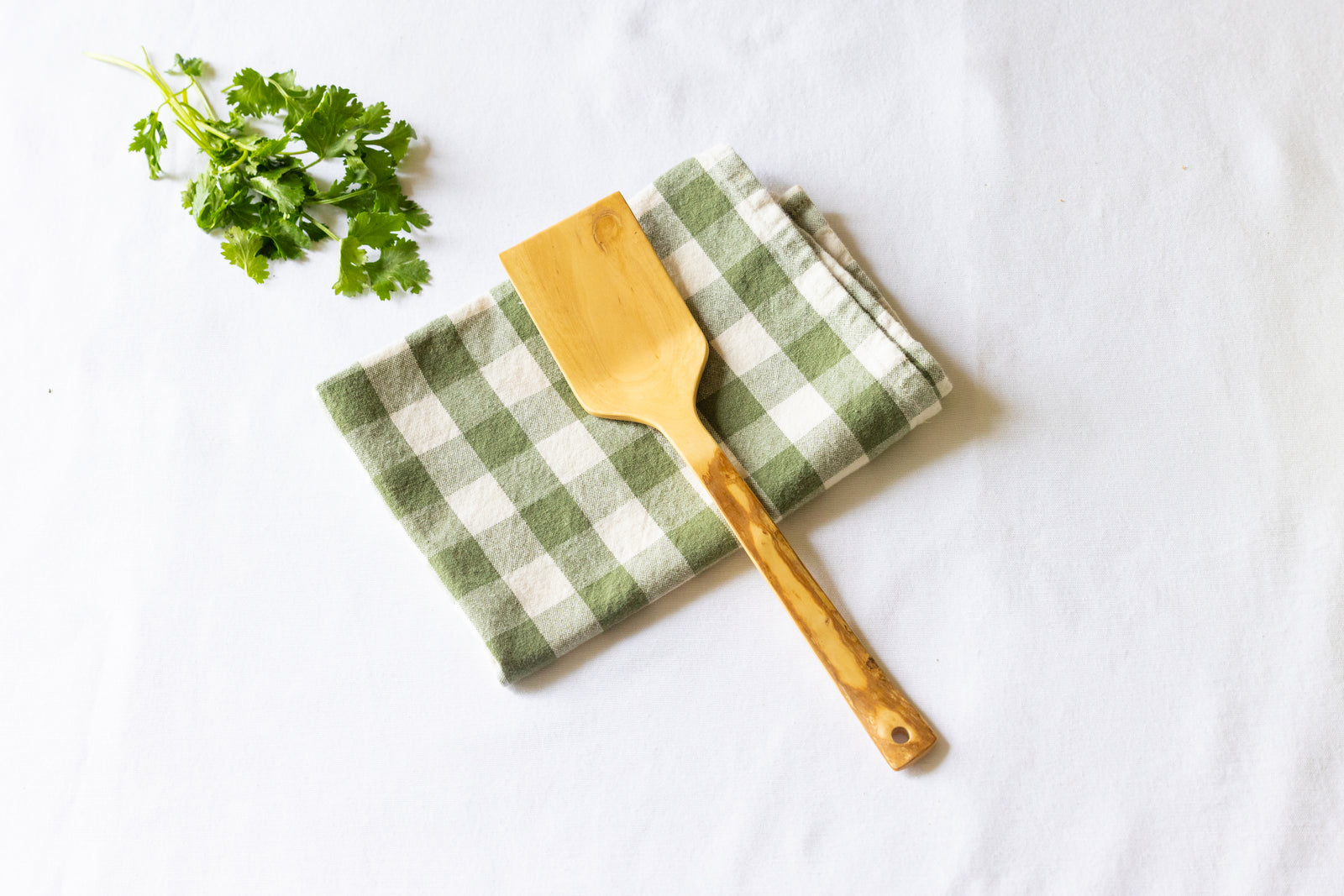

Make In India Trade
June 16, 2022
Great blog….Thanks for sharing this information….https://goo.gl/RxPYtN
At this site all the handmade products are available for buying…You can buy at this link….For more information visit our website…:-
Website link…:- https://www.makeinindiatrade.com/industry